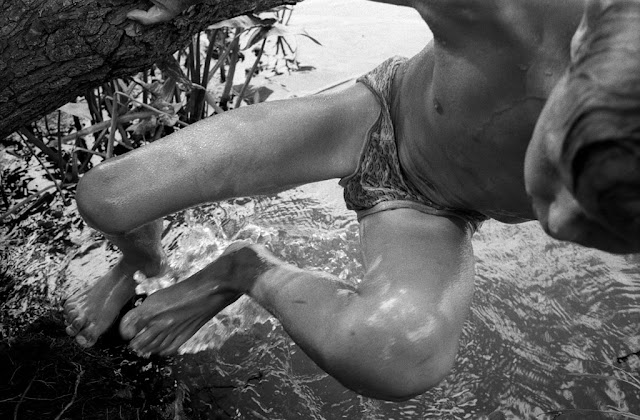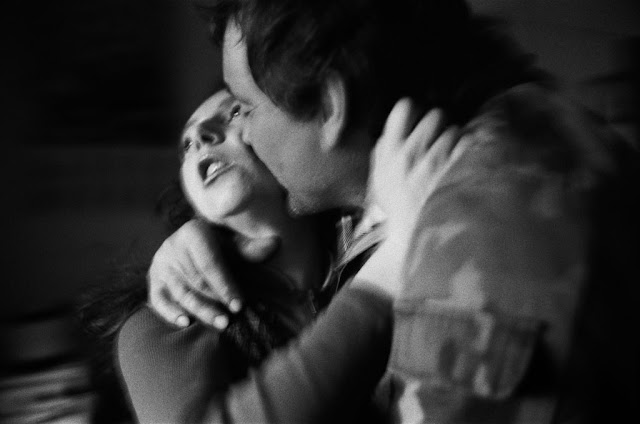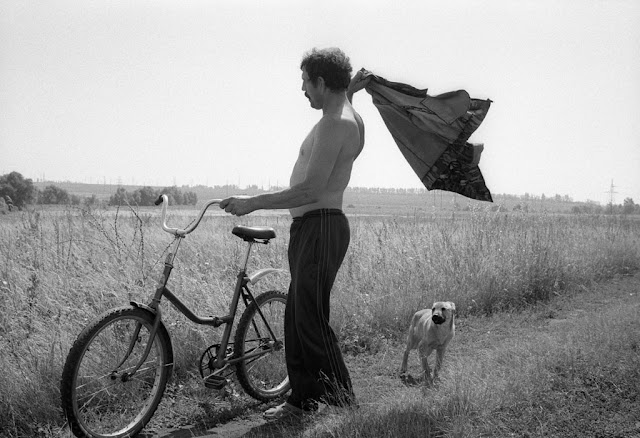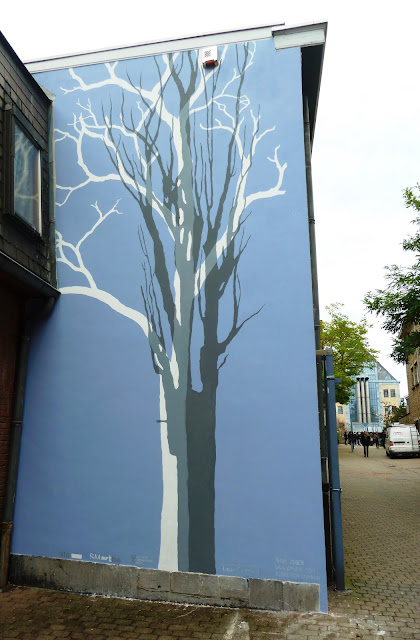Lieux-Communs noue un nouveau partenariat avec « au détour du chemin » pour présenter l’exposition de photographies d’Alexandra Demenkova « Territory of broken dreams ».
Cette série photographique explore les périphéries russes, ces villages restés presque en marge de l’histoire et des évolutions récentes de la Fédération de Russie.Alexandra Demenkova est née en 1980 en Russie. Elle est diplômée de l’Université de Saint-Pétersbourg et est lauréate de plusieurs prix, dont celui prestigieux de meilleure photographe de presse de Russie (2006).
Suite à cette reconnaissance, cette jeune photographe a exposé son travail en Allemagne, en Espagne, en France, en Norvège, aux Pays-Bas, au Royaume-Uni, au Canada, en Chine, au Japon …
Alexandra Demenkova est une des photographes émergentes de la scène artistique russe et a exposé notamment au MMOMA (Museum of Modern Art) de Moscou et au Musée de la photographie de Saint-Pétersbourg.
Différents livres concernant son travail photographique ont été publiés : « Land. Country life in the urban age », « Future images », « This day of change » …
Cette exposition de Lieux-Communs vient d’être présentée au Musée de la Photographie de Riga (Lettonie) et est organisée en collaboration avec le Festival Photo de Kaunas (Lituanie).
« Territory of broken dreams » est la première exposition d’Alexandra Demenkova en Belgique. Addc Rue du village,147 à Noville sur Mehaigne.
Alexandra Demenkova continues the classical tradition of humanistic photography . In the series Territory of Broken Dreams for the photographer chose a Russian village and its people.
For many of the residents of Russian metropolis, like Moscow and Saint Petersburg, the countryside simply doesn't exist. Yet you do not have to travel far outside the cities to find half-wrecked villages where primarily older people live in bitter poverty. They are former labourers on state farms, elderly and unemployed, stranded in once lively villages. You hardly see any children; there is no longer any service , and community spirit has been replaced by loneliness, alcoholism and crime. You may feel sorry for the people who live like that, in everlasting poverty and without hopes for changes, but you feel happy that such places exist and you see that people who live there give each other and their children all their care and human warmth, instead of having computers as their best friends and scarcely talking to each other as it often happens in our homes. They are still able to gather around the table and talk for hours, and then, as there is no electricity and as you are far away from well lit cities, you can watch the stars, millions of stars, and feel that you are part of the universe.
«The experience of photographing made me think how fragile this world of relative stability created by our families is, how thin is the borderline between health, both mental and physical, and sickness; the normality of everyday life and misery; freedom and lifetime imprisonment.
In the stories and in the lives of the people I saw hope and despair; all the possible emotions and situations that I heard or read of, now they were not on the pages of a book, on a television screen, on a theatre stage, but here they are, real, first-hand experience of life, without any intermediaries…»
Alexandra Demenkova
The exhibition is organized in collaboration with the Photo festival (Kaunas).






